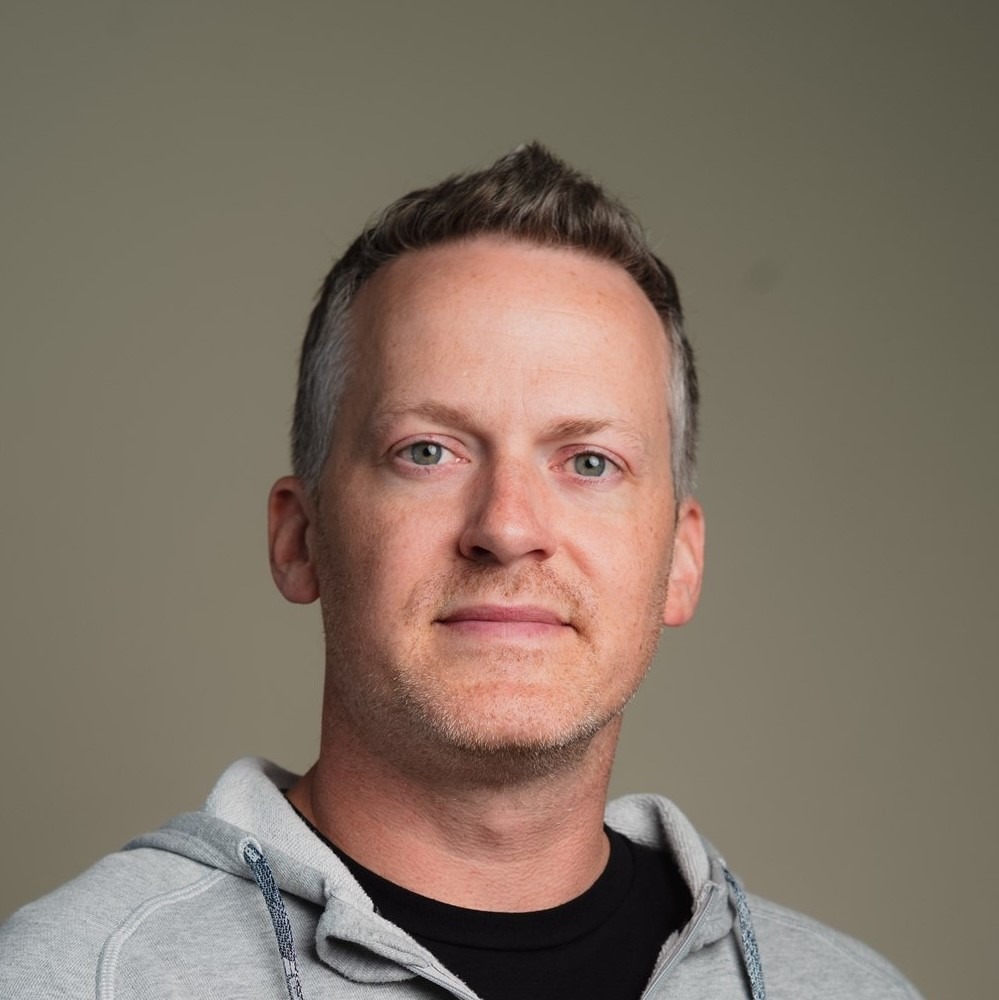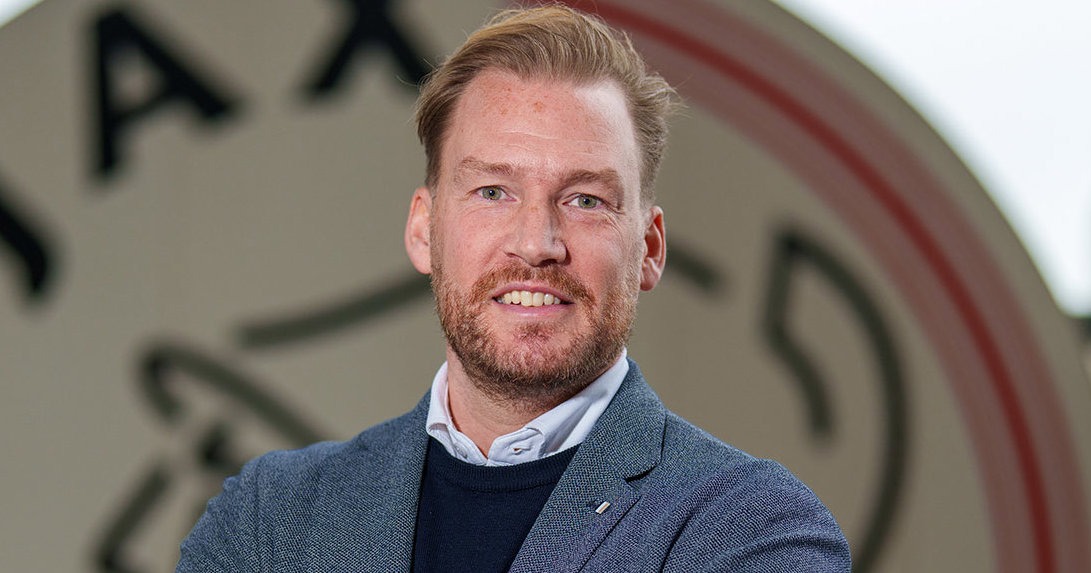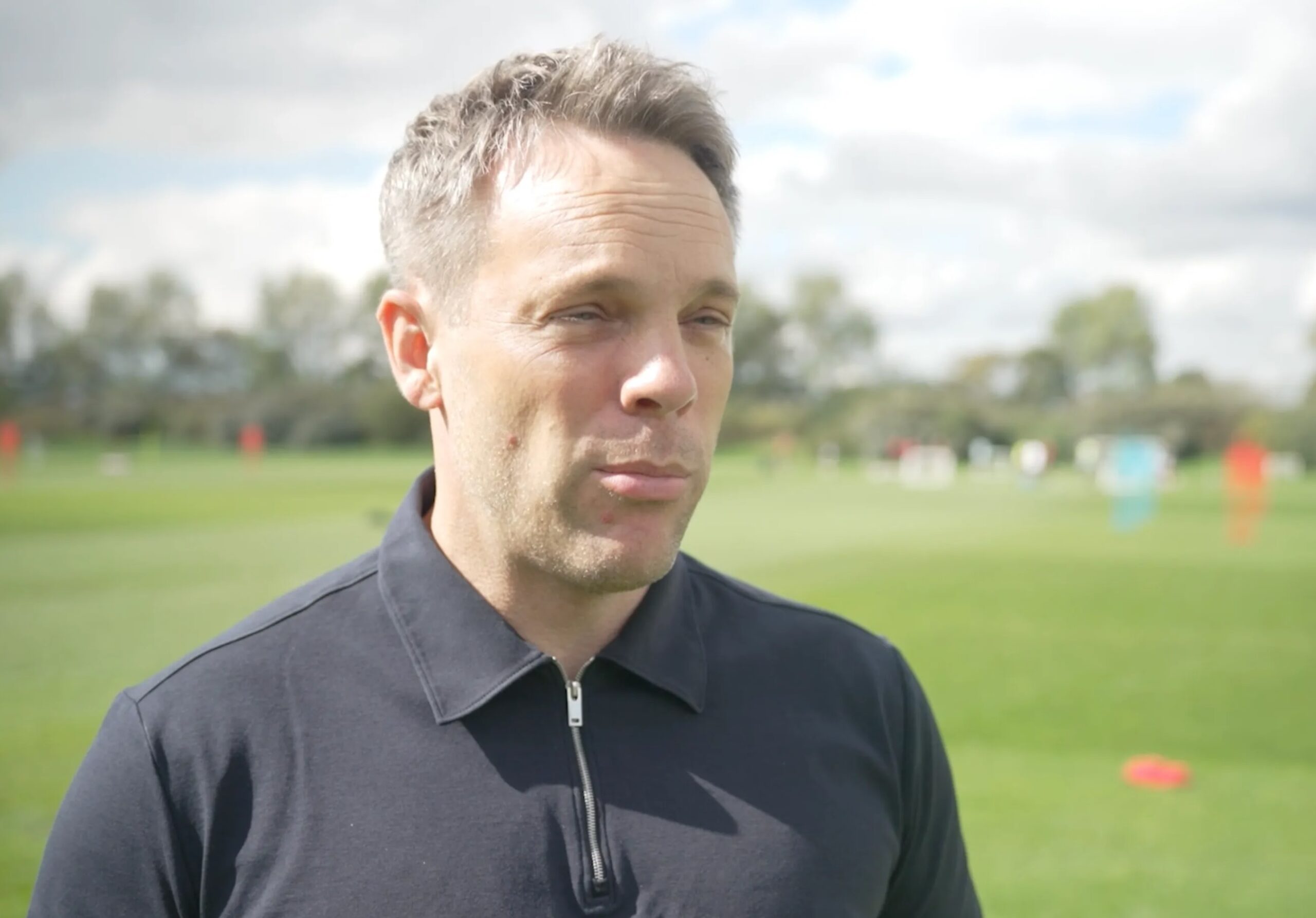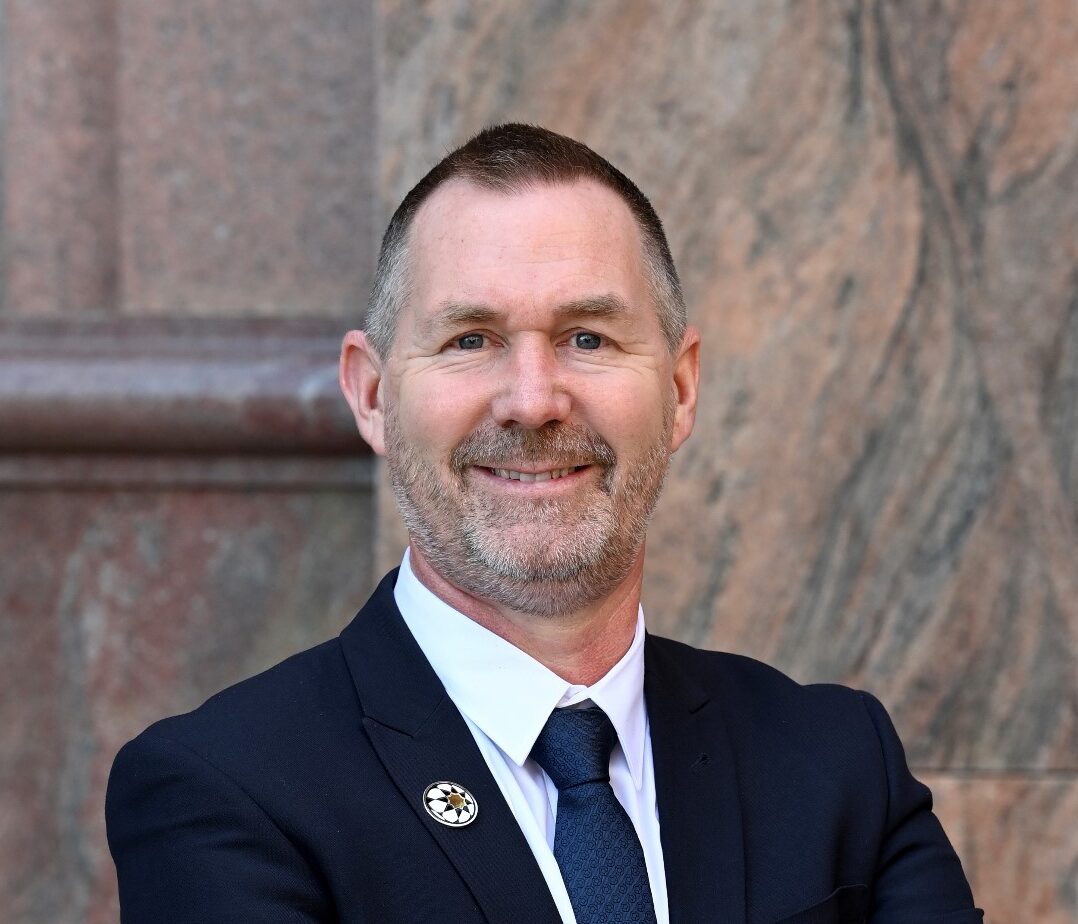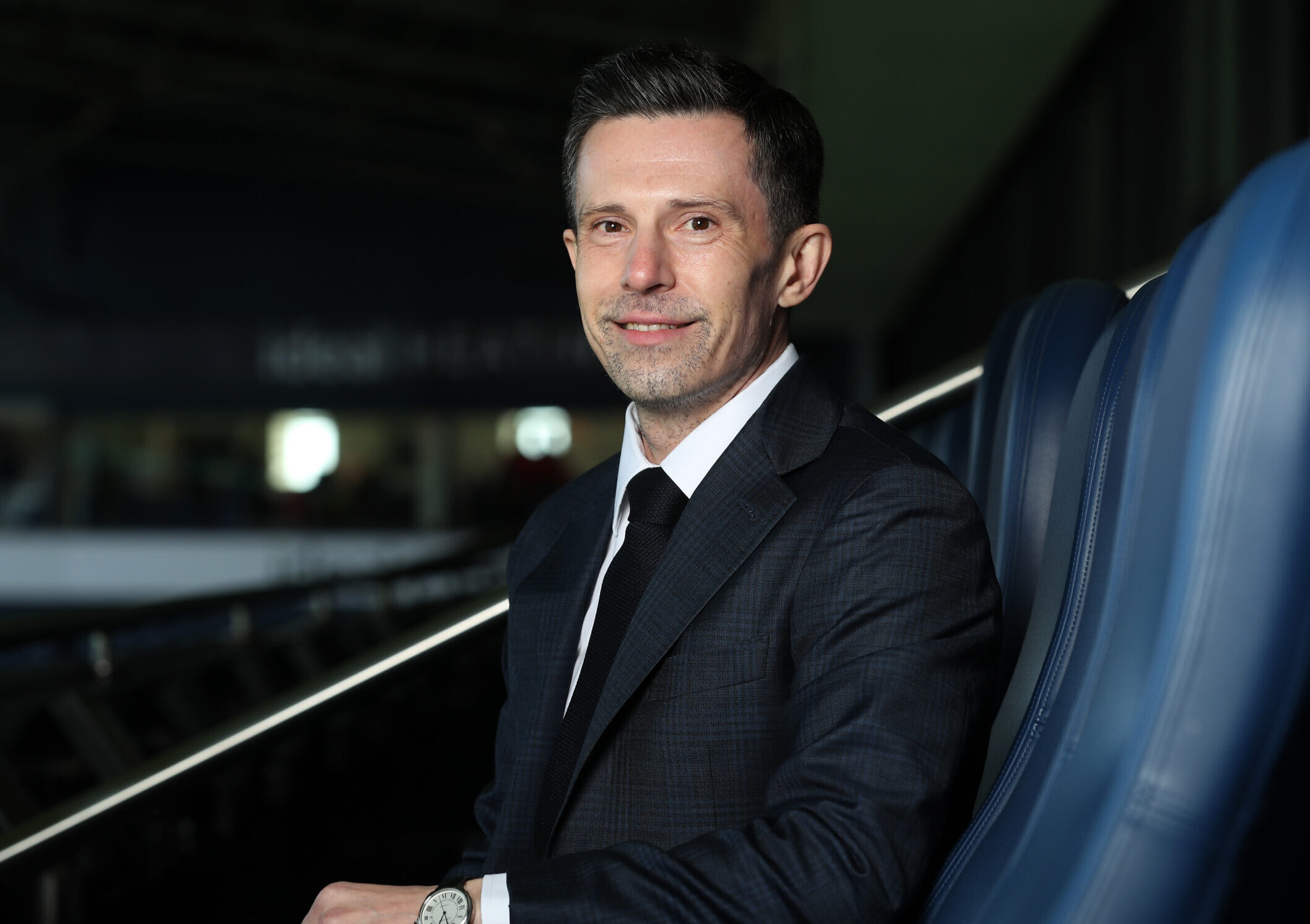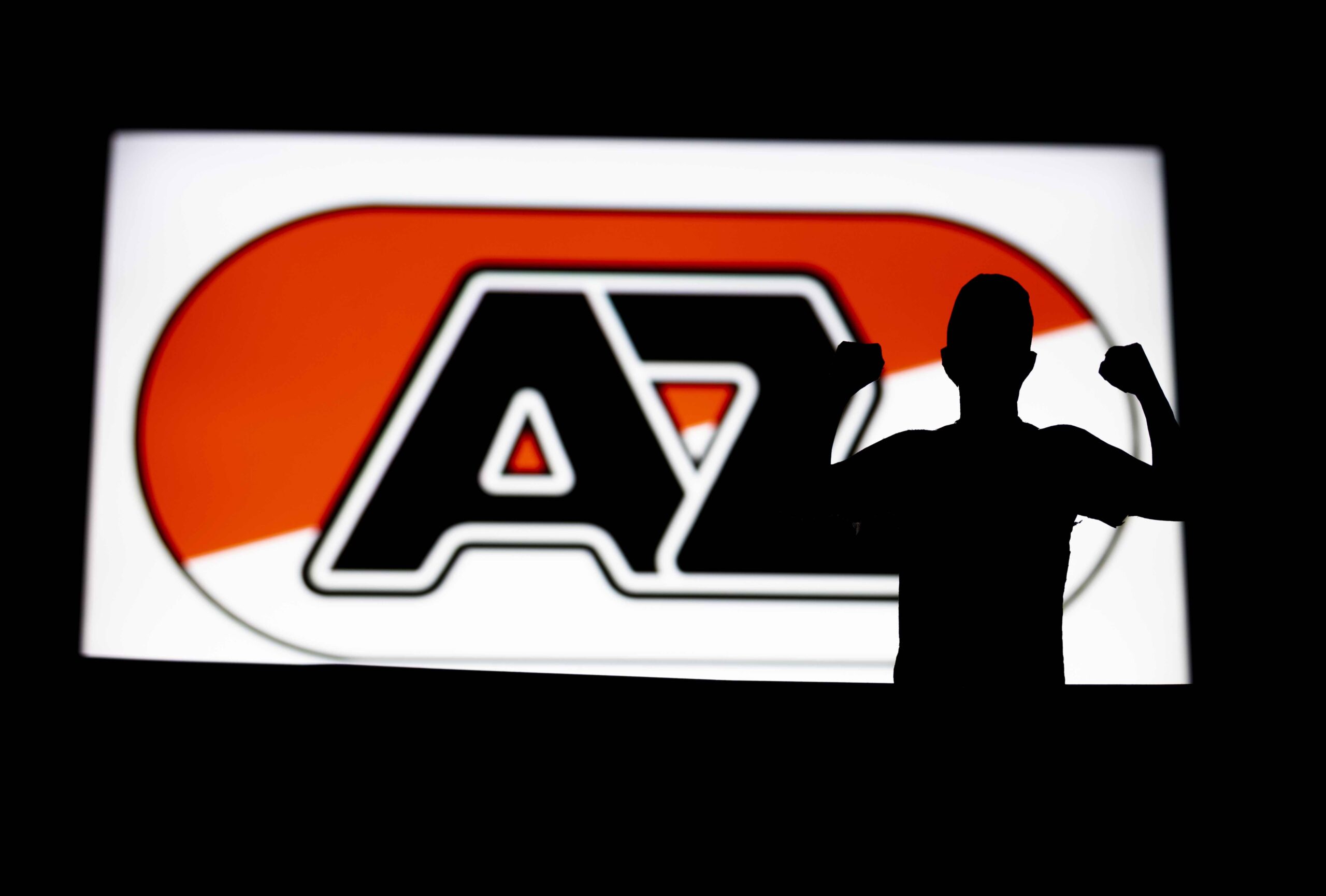
Luke Bornn: Why AZ Alkmaar are best-run club of the decade
Written by
Simon Austin
June 24, 2025
Analytics pioneer Luke Bornn says AZ Alkmaar are Europe’s “best-run team” of the last decade – and that ruthless focus is the reason why.
Despite having a revenue and wage bill dwarfed by more illustrious rivals, Alkmaar have consistently competed at the top of the Eredivisie. In each of the last eight seasons they have finished fifth or higher in the league, while also qualifying for Europe.
Last season they finished fifth in the Eredivisie and reached the final of the Dutch KNVB Cup, losing out on penalties to Go Ahead Eagles. Look beyond the league table and there are arguably some even more impressive stats.
Alkmaar’s core objective is to win by developing players and staff and maximising resources. In 2023, they became the first Dutch side to win the UEFA Youth League, beating Hajduk Split 5-0 in the final.
Last season, Alkmaar had the youngest side in the Eredivisie, with an average age of 23.6 (Chelsea were the youngest in the Premier League, at 24.1). In terms of club-trained players (those who have been with the club for at least three seasons between the ages of 15 and 21) Alkmaar ranked third in Holland, behind only Ajax and Groningen.
Speaking on the TGG Podcast, in 2021, former Sport Development Director Marijn Beuker (now Director of Football at Ajax), said: “If we tried to compete based on budget, it wouldn’t work, because we have the sixth or seventh biggest budget in Holland.
“So we said we have to think differently. Or maybe call it thinking logically. Really understanding the essence of what we do was important and we always ask ourselves three questions: 1. What is the real talent. 2. How do you develop a culture where people can develop themselves to the maximum? 3. How do you create winning teams?
“We want to be one of the best clubs in the world at understanding the answers to those questions.”
Alkmaar have become well known for their innovations, such as using neuroscience technology in player identification and building a ‘performance playground’ in their Academy, but Bornn says ruthless focus underpins it all. The American has close knowledge of the club through Billy Beane, who owns 5% of Alkmaar and is also an investor in Zelus Analytics, the consultancy that Bornn co-founded and has now sold to Teamworks.
“I think over the last decade, it’s probably been the best-run team in Europe, in terms of how they’re operating relative to their resources,” Bornn told the TGG Podcast. “It’s an incredibly well-run club and I have incredible respect for what they’ve accomplished there, where they’ve punched way above their weight. They’ve done it in a really financially responsible way, continually making decisions in a really process-driven efficient manner.
“They placed really strategic bets and were really focused on the handful of things that matter. One of the things that clubs do wrong is just doing way too many things. They’ll spend time and resources on the latest sports science gizmo and gadget and they’ll go down some rabbit hole of a newfangled sleep thing.
“What they (Alkmaar) did well is really focus ruthlessly on the core things that drive value and then very selectively invest in innovation. I think this is actually true across sports – teams tend to do too much. They tend to be distracted, because, the truth is, most of your value comes in terms of building a team.
From the Sporting Director perspective, there are probably 10 to 15 decisions in a year that drive 95% of the value.
Luke Bornn
“From the Sporting Director perspective, there are probably 10 to 15 decisions in a year that drive 95% of the value. And maybe 10 of those are things around recruitment decisions. The other five are maybe major decisions around the tactical style you’re going to push, you’re gonna stress, or whatever it might be.
“And so if you’re getting distracted with all these other things, It can be be a detriment to those bigger decisions. When I was at the Sacramento Kings, I remember them making a decision around a free agent that was a hundred million dollar decision they made in 30 minutes.
“Then another time spending four weeks on what was essentially a fringe player who played for the team for like 2 weeks. I think this is backwards. Making the main thing the main thing, right? As an organisation, you need to be ruthless about paring it down and really focusing on keeping the main thing the main thing.”
This brings to mind Steve Jobs, the legendary founder of Apple. Upon returning to the ailing company in 1997, Jobs discovered that they had a huge product list and were often producing multiple versions of the same item, including a dozen versions of the Macintosh computer.
Jobs reduced the number of products by 70% and sparked a rejuvenation that led to Apple becoming the most valuable company in the world.
“Deciding what not to do is as important as deciding what to do,” Jobs later said. “It’s true for companies, and it’s true for products. People think focus means saying yes to the thing you’ve got to focus on.
“But that’s not what it means at all. It means saying no to the 100 other good ideas that there are. You have to pick carefully. I’m actually as proud of the things we haven’t done as the things I have done. Innovation is saying no to 1,000 things.”
His lead designer, Jony Ive, recalled: “Steve was the most remarkably focused person I ever met in my life. You can achieve so much when you truly focus. One of the things Steve would say [to me], because he was worried I wasn’t focused, [was] ‘how many things have you said no to?’
“I would tell him I said no to this and I said no to that. But he knew I wasn’t interested in doing those things. There was no sacrifice in saying no.
“What focus means is saying no to something that with every bone in your body you think is a phenomenal idea, you wake up thinking about it, but you say no to it because you are focusing on something else.”
Follow Us
For latest updates, follow us on X at @ground_guru
